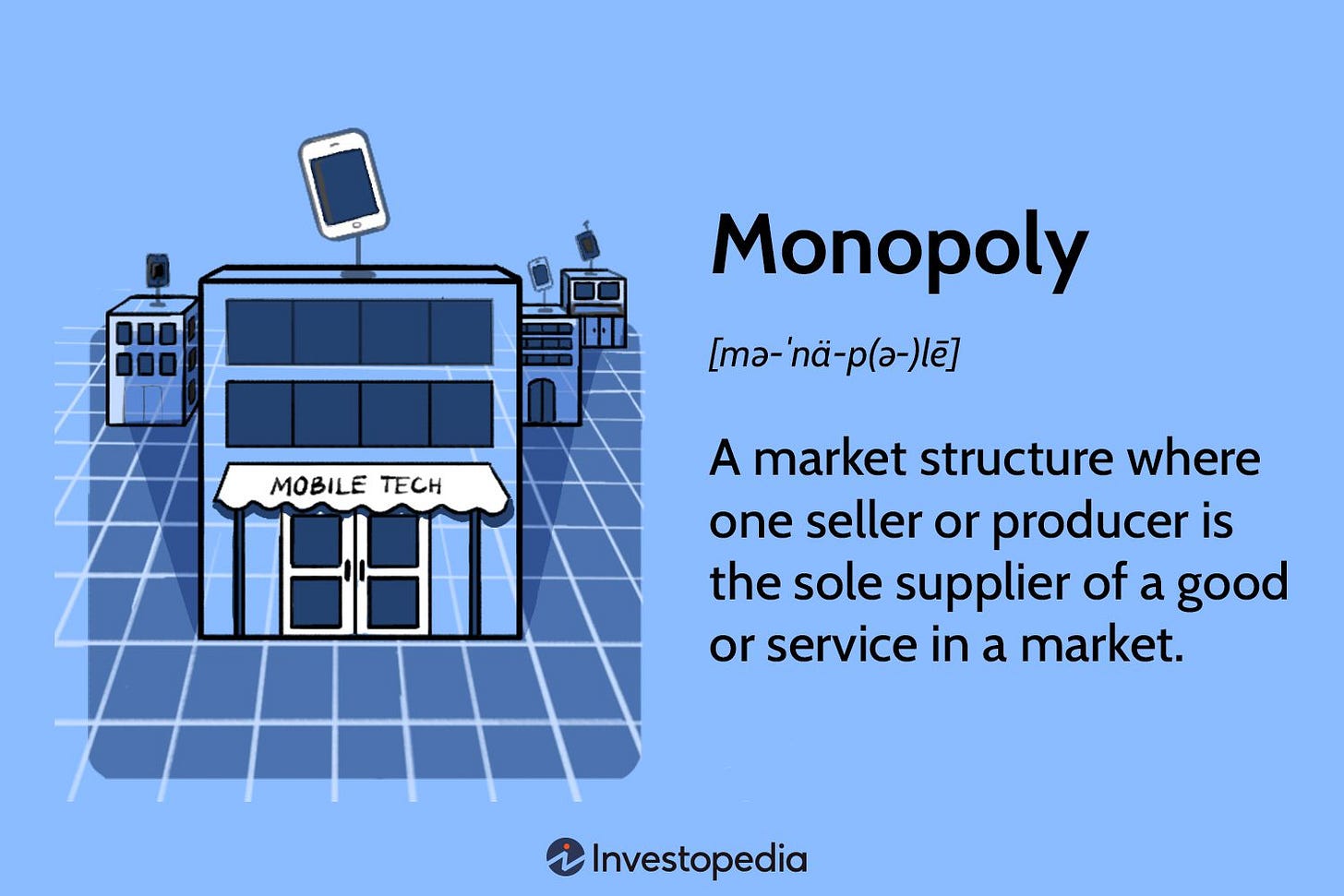What can “Traitors”, the famous BBC reality show, teach us about economics? What are the behaviours we see on the show that influence our everyday economic lives? All of these questions came into my head this weekend while playing a game of “Traitors” for my friend's birthday.
Source: BBC
The story is very simple:
11 of us gathered in the Cotswolds, and “Claudia” chose 3 traitors (one of them was me!! evil smile) while the rest of them remained Faithful.
The rules of the game are very similar to the TV show, the traitors need to keep our identity secret, the Faithful need to discover us, while at the same time we have to complete group activities to build the charity prize pot. The Traitors need to decide who to murder, while no one is saved from banishment.
Information asymmetry
From the start of the game it is very obvious that traitors have more information than the faithful. We know who we are, we are aware when the murders will happen and we have the upper hand on information despite we are fewer than the Faithful. That gives us the advantage to steer the game on our side, by targeting people, creating psychological traps, and spreading false information.
This in economics is called “information asymmetry” when one individual or transaction party has more information than another. As in Traitors, our daily life is full of those examples. If you want to buy a used car, you may think that the value of that car is £3000 based on the information you have, but the seller, who knows every single detail of its history, knows that the car is really only worth £2000. Despite that the seller will continue to try to convince you to buy it for £3000, potentially by withholding important information from you.
Regulators
Traitors also has another major character, Claudia, who is the person that sets up the rules, decides if the traitors will murder someone or not, whether we have to murder someone ‘in plain sight’ with a poisoned chalice, or if we have to put people on trial. At the same time she sets the rules for our challenges and decides if we win extra money for the charity pot.
Claudia’s role is similar to that of the government in our economic society, as like her, the government sets up the regulations that help society work as smoothly as possible and discourage activities which are harmful to society, the economy or the environment. An example of regulation that our government has set up is the National Minimum Wage, which defines any pay below it as illegal.
In our case of the game, because of the very successful work of the traitors we were the majority in the final with three Traitors and 2 Faithful remaining. And while the Traitors believed that we monopolised the power and this was going to be an easy win, the regulator/Claudia decided to bring back into the game a ‘banished’ Faithful, to increase competition for the Traitors.
This behaviour is similar to government regulations on preventing monopolies, the situation that one company or producer controls the market for a particular item or service. To prevent monopolies, the government may create favourable situations for new companies to enter the market, for example with financial initiatives like tax breaks or better borrowing conditions.
Game theory
So, as we enter the final of the game, Claudia has decided to revive a Faithful, so the situation for the Traitors is not as good as it used to be. I see my fellow Traitor “S” looking at me with a traitorish look and this is where I think we are facing a typical prisoner’s dilemma situation.
We have the following options:
Do I turn on my fellow traitor “S” and try to use my argument to convince the remaining players that he is a traitor, while he remains silent and gets the hit; or vice versa?
Will both of us try to frame someone else as a traitor and we win the game?
Or do both of us turn on each other and release the traitorous chaos?!
And of course we turn on each other! The ideal outcome would have been both of us to frame someone else, but based on our self interests we concluded that we had to give a Traitor to the Faithful. So we argued and I got voted out of the game, as I was revealed as a Traitor. And the game continues with more Traitor on Traitor arguments that ends up with the remaining Faithful being the winners.
This is very similar to the prisoner’s dilemma in economic theory, where two prisoners have to decide if they will have to testify against their fellow prisoner to save themselves from further years in prison. Despite that the best option for both is to stay silent, both of them decide to testify against each other so both of them end with more years in prison. In more economic terms this is applied when competitive companies have to decide about their market prices.
Traitors is a magnificent small scale simulation on how our economy works under those circumstances. It teaches us about how our behaviours guide our decisions and how we are affected by others’ arguments, self interest and the information we have. And I would definitely like to have another go at that game!







